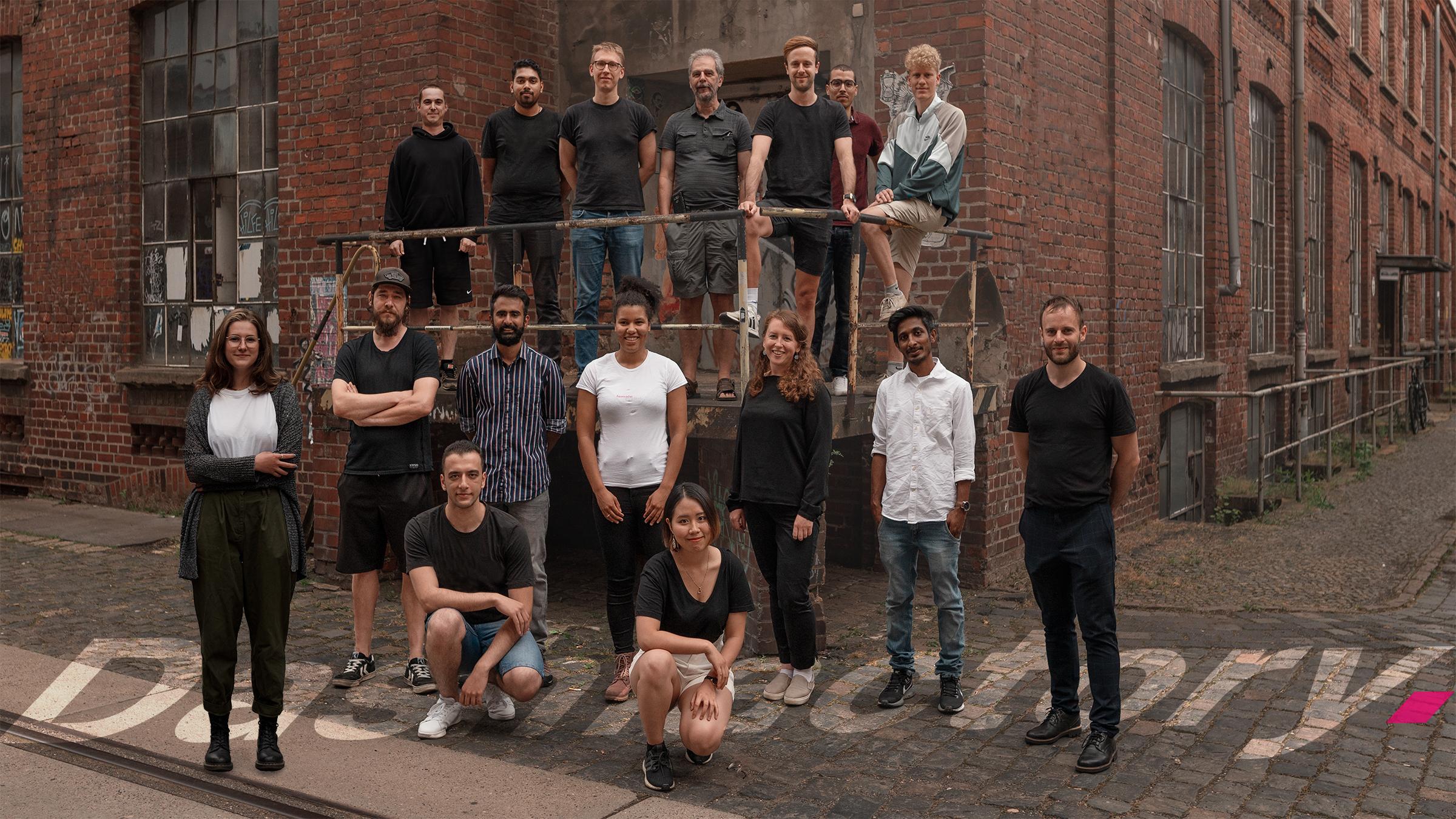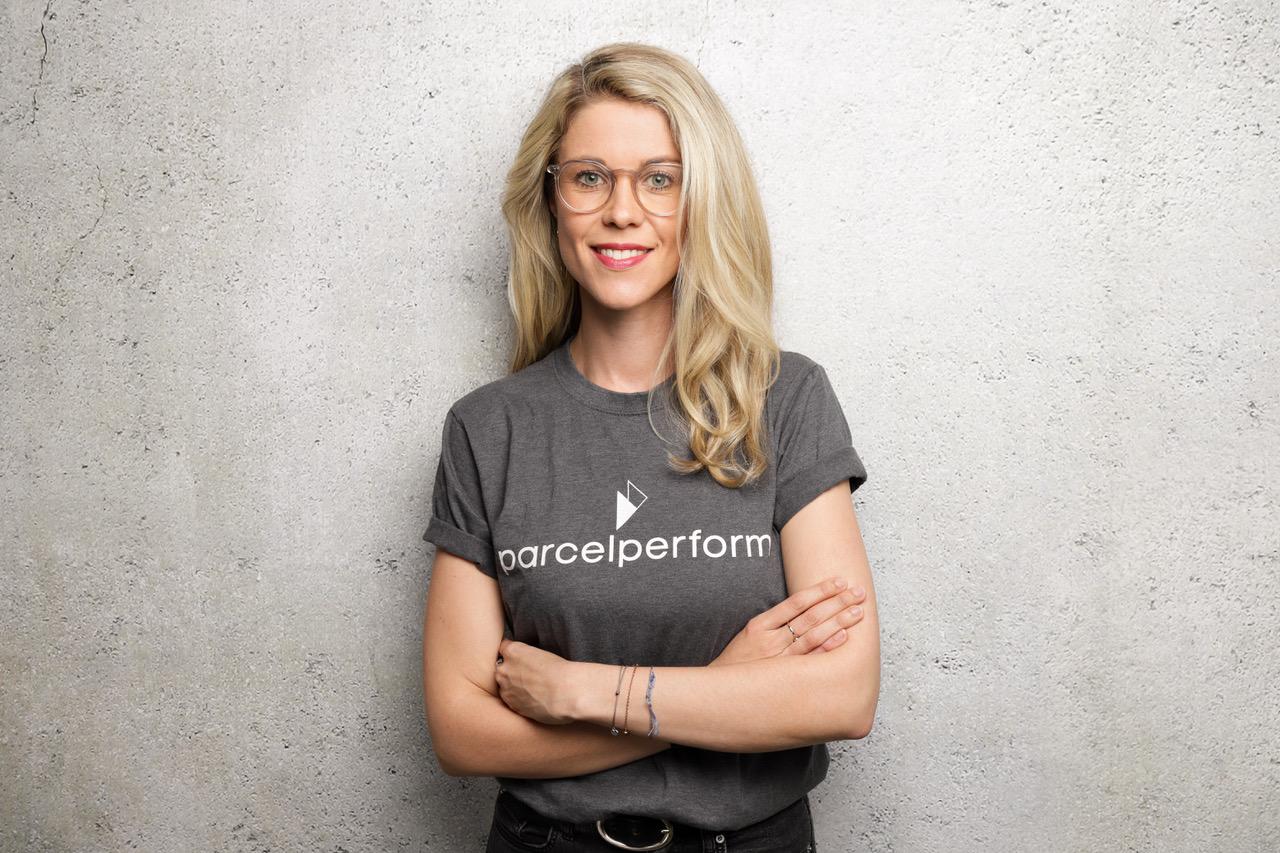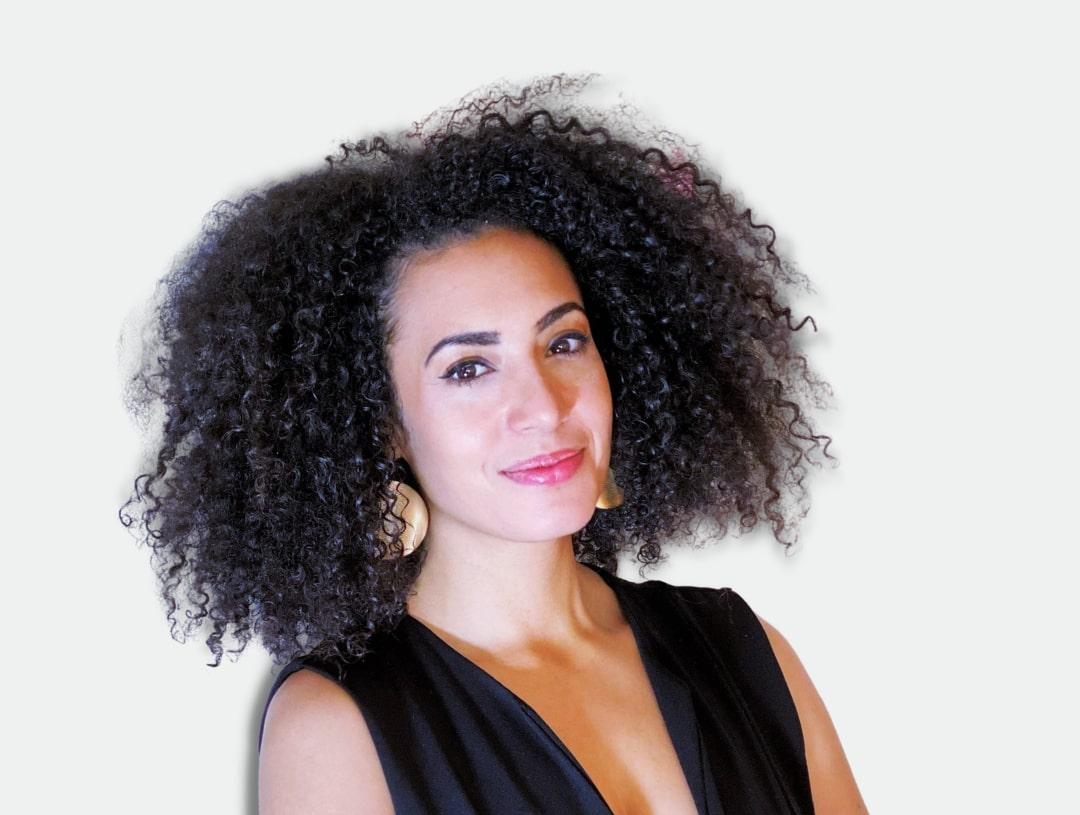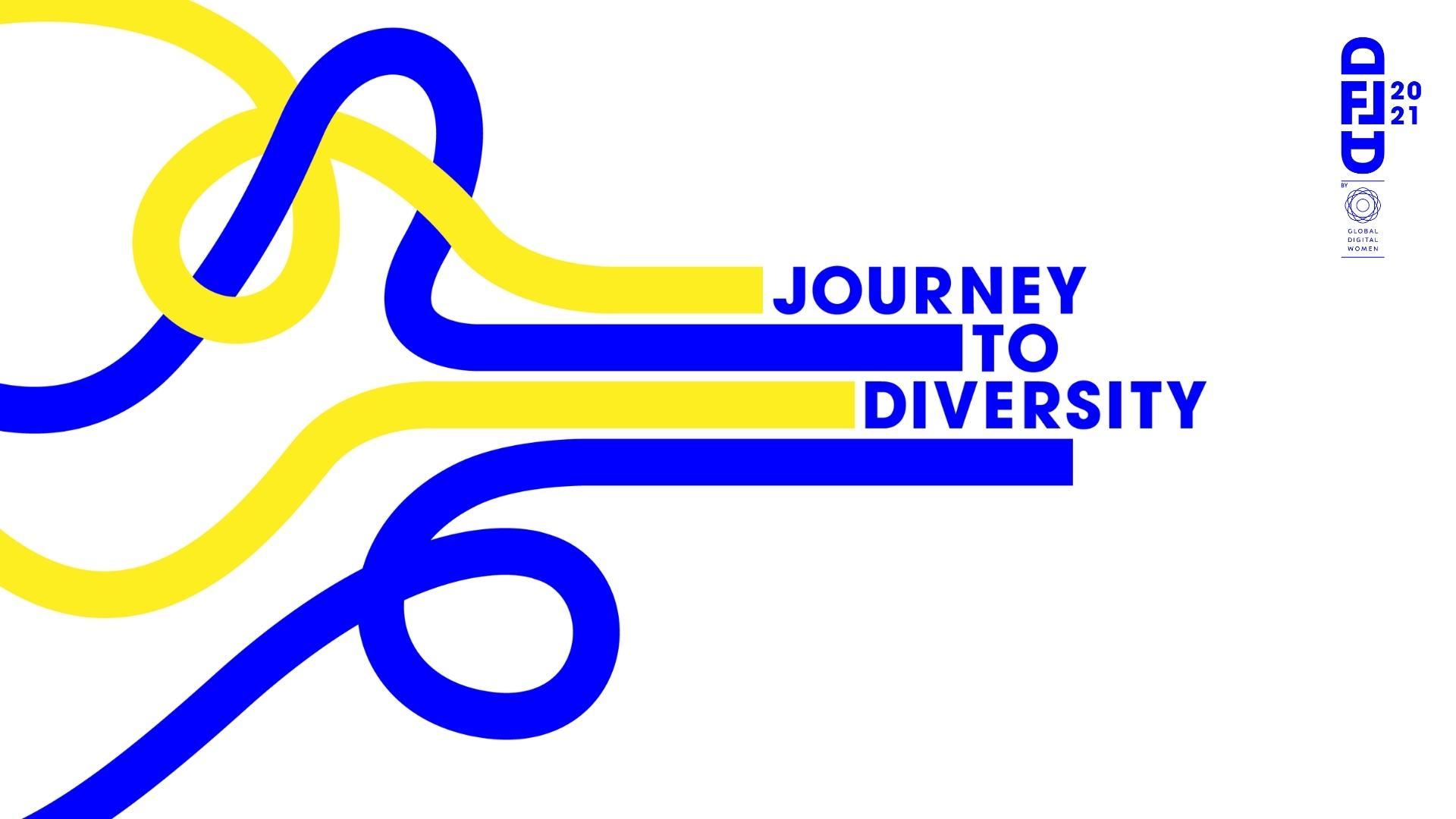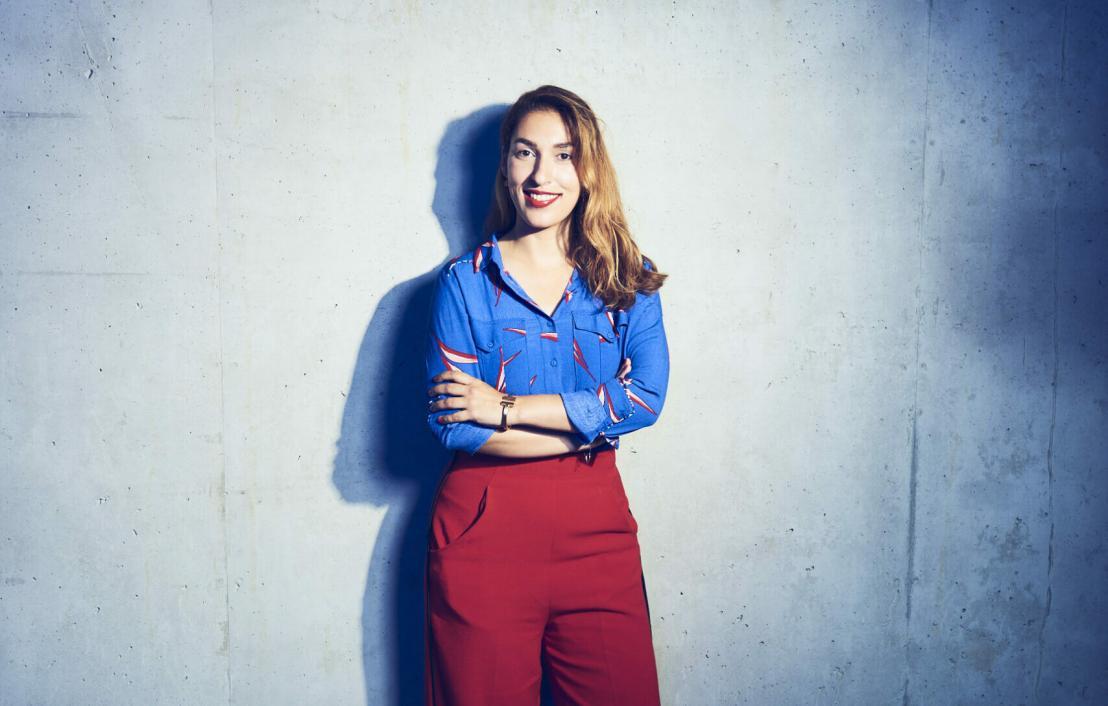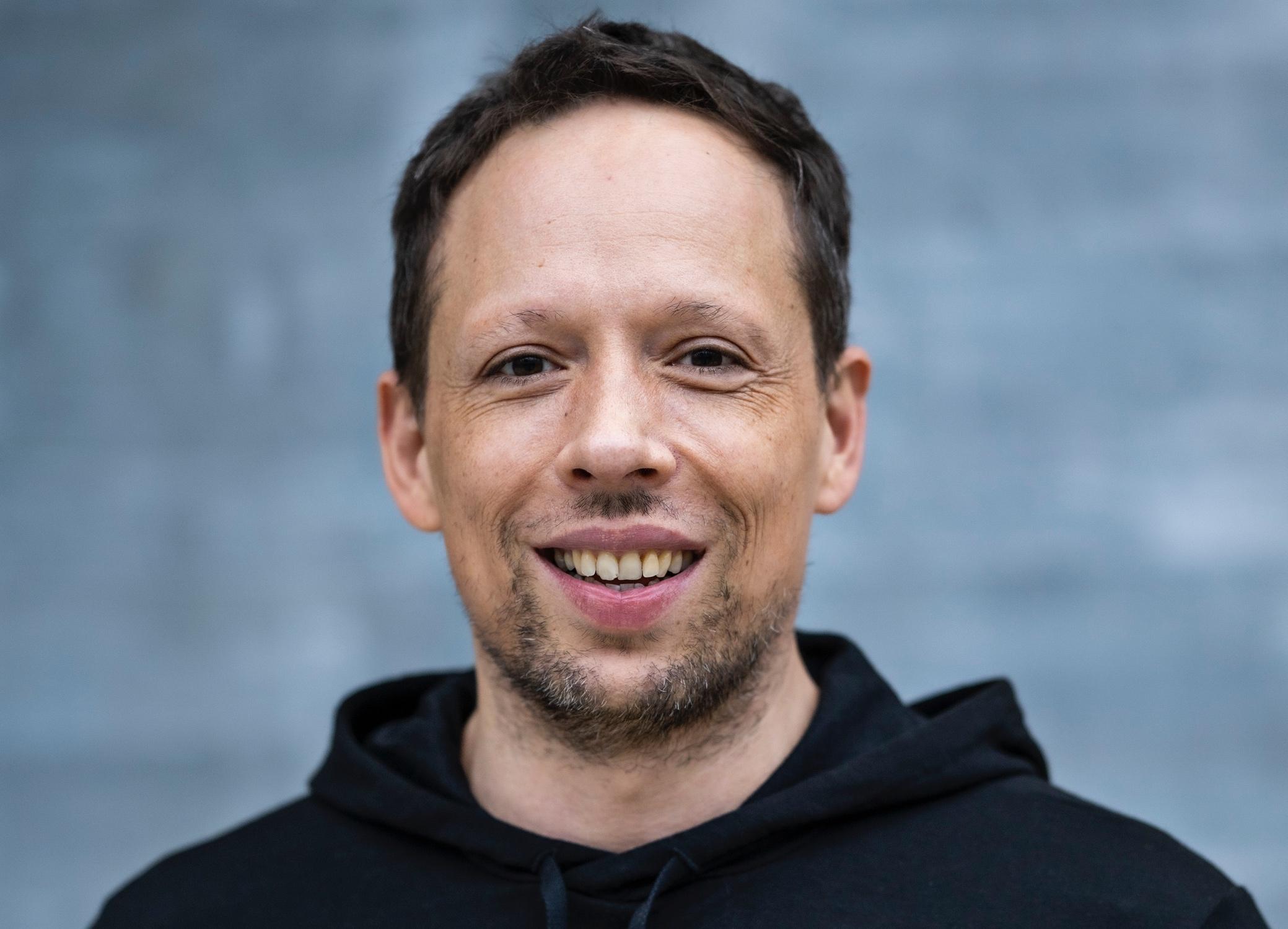"We'll be all over Europe in two years"
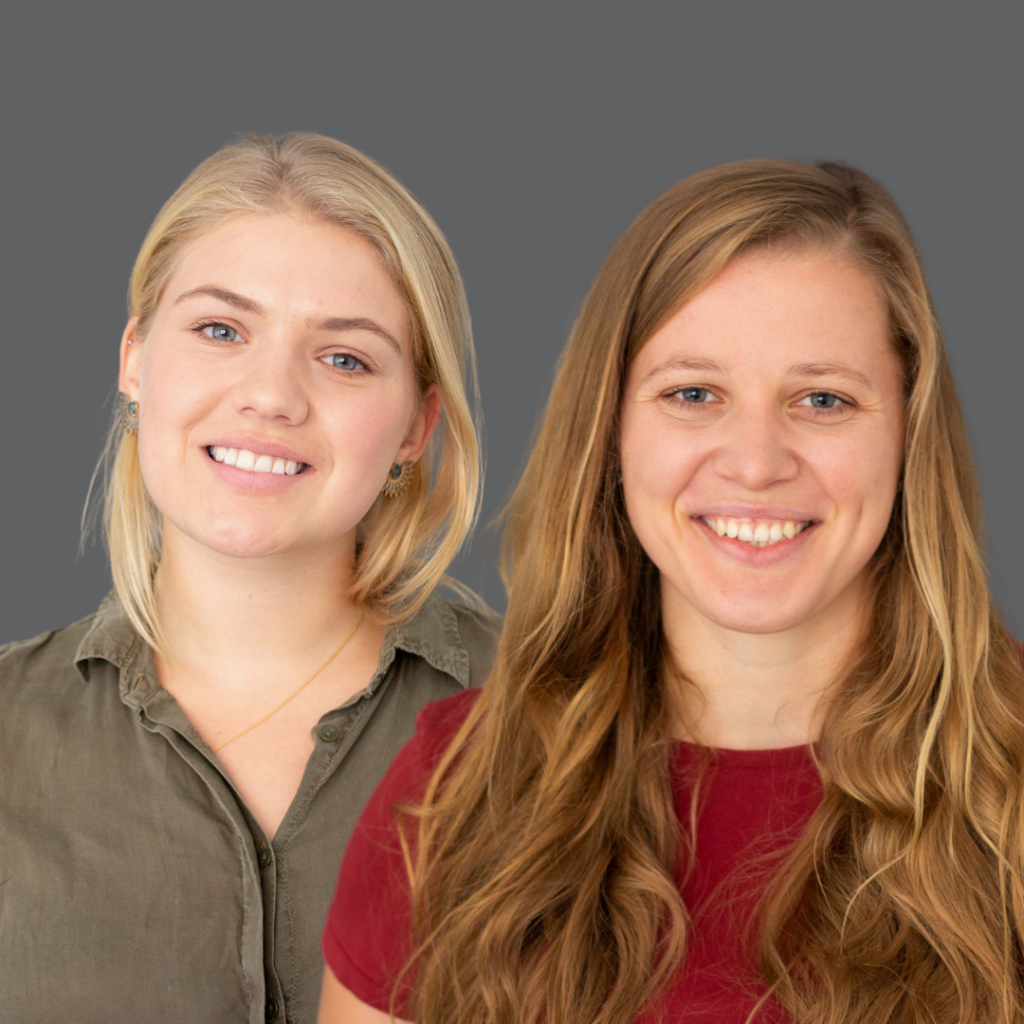
Amanda Maiwald and Antonia Schein, winners of the Digital Female Leader Award in the Entrepreneurship category, explain in an interview how they want to teach children programming - and how more girls could be inspired to do so.
Amanda Maiwald and Antonia Schein did not expect to receive the Digital Female Leader Award just one year after founding Codary. But the two founders of the Berlin start-up are ambitious, are already thinking about expansion - and are calling for computer science to be taught in elementary school.
Children as young as seven can learn programming via Codary, aren't they still a little too young for that?
Amanda Maiwald: They are young, but not too young. They are already learning arithmetic and writing at school at that age. In our opinion, programming is just as important, and they should start at an early age.
Antonia Schein: Incidentally, Chancellor Merkel said in 2016 that children should also learn programming in elementary school in the future, but nothing has happened since then.
Why should programming be given such a high priority? So far, the majority of the population has managed very well without programming skills.
Maiwald: Computer science has been shaping our society for years. Many people use their smartphones every day without knowing how they really work. We teach children to read and write at an early age so that they can participate in society. We are convinced that if you don't gain any IT skills, you will soon no longer be able to help shape society.
Nevertheless, the majority of people can manage without computer skills. When in doubt, they look for someone to advise them, just like they look for a tax consultant.
Maiwald: But they basically understand how the tax system works. We are still a long way from that in IT. With Codary, we don't want to train everyone to become a full-stack developer. But in our opinion, everyone should develop basic knowledge - even if it means that employees in marketing understand how the tech team works.
The Codary courses are aimed at up to 16-year-olds. How are they structured?
Schein: First of all, they are adapted to the age group. Seven-year-olds in particular learn their first skills in a very playful way. After all, they don't learn any complicated mathematical formulas at elementary school. We do this using the game Minecraft, for example, which is very popular among children. Here, they learn the basics of how the Python programming language can be used to construct buildings and change the game world in a matter of seconds. We teach older students Python much more intensively, as it is a programming language that is very popular in a professional context.
Who teaches on your behalf?
Schein: Our coaches are all working students. They don't even necessarily have to study computer science, many have a background in science and education, so they are studying to be teachers or have worked as tutors. We check their specialist knowledge in advance and also require an extended police clearance certificate, just like sports clubs do for their coaches. Our coaches meet with the children digitally once a week. They receive the curriculum from us.
You founded Codary together with Nikolaj Bewer last November, how many children have already taken part in the courses?
Maiwald: We currently have almost 800 children. New courses start every two weeks. We have ten coaches and, including us three founders, another ten people in the office in Berlin.
You also want to get girls interested in programming with your start-up. What is the current quota for your courses?
Schein: Typically for the field of computer science, we also have a surplus of boys at the moment. We are probably at around 70 percent to 30 percent. But the trend is going in the right direction, more and more girls are registering with us. When parents register their son with us, we are happy to ask them whether it would be something for their daughter. Of course, young girls need a slightly different approach to the subject, they place more value on creativity. But we also offer such courses.
How do you explain the fact that computer science is more in demand among boys, especially when studying?
Maiwald: I think that natural sciences are generally ascribed to boys in Germany. There are also stereotypes that girls can't do math, let alone computer science. That's nonsense, of course. But once this has become ingrained in their own parents and teachers - even if it's only unconsciously - it also puts girls off.
How can this be changed?
Schein: Computer science needs to be part of primary school lessons in order to remove girls' inhibitions at an early age!
Doesn't this demand make your own start-up superfluous?
Maiwald: No, there are also music lessons at school and if you want to learn the guitar, you still go to music school. It's the same with computer science: school teaches the basics, we go into more depth.
Where do you see your start-up in two years' time?
Maiwald: In two years, we will be relevant throughout Europe, we have succeeded in establishing programming as a cool hobby. Just like playing soccer or learning to play an instrument is for many children.
That sounds very ambitious for a start-up that was only founded a year ago and currently has ten coaches. How do you intend to achieve this?
Schein: We never thought that we would win the Digital Female Leader Award just one year after founding the company. It's all happening incredibly quickly and we still have so much planned: Not only in Germany, but in many European countries, IT is getting a raw deal We want to change that! As our business model is purely digital, we are naturally hoping for rapid expansion in Europe. The first challenge will probably be to translate the curricula and our learning platform into the various national languages.
Thank you very much for the interview.
About the people: Antonia Schein first got involved with programming when she was at school. Back then, a retired physics teacher taught her the programming language Pascal. Schein found this rather off-putting at the time; in her opinion, it had nothing to do with good computer science lessons. Amanda Maiwald wanted to learn programming at school, but had a bad experience there too: She signed up for computer science, but according to her, her lessons essentially consisted of typing out Word files. She only really took up the subject again in her Master's degree when she studied business informatics - as one of the few women on her course.

Newsletter
Startups, stories and stats from the German startup ecosystem straight to your inbox. Subscribe with 2 clicks. Noice.
LinkedIn ConnectFYI: English edition available
Hello my friend, have you been stranded on the German edition of Startbase? At least your browser tells us, that you do not speak German - so maybe you would like to switch to the English edition instead?
FYI: Deutsche Edition verfügbar
Hallo mein Freund, du befindest dich auf der Englischen Edition der Startbase und laut deinem Browser sprichst du eigentlich auch Deutsch. Magst du die Sprache wechseln?
